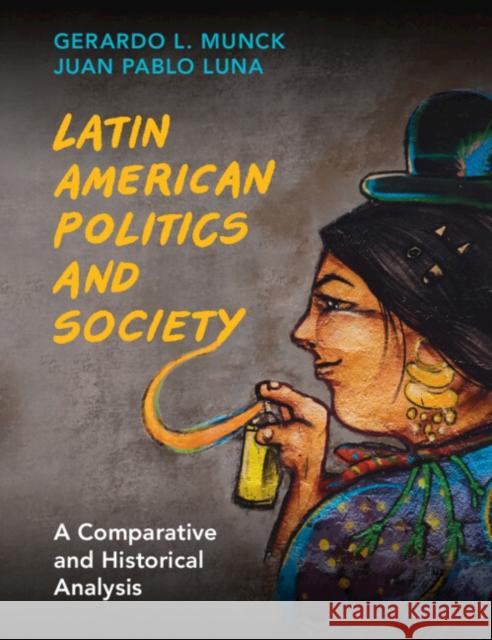Latin American Politics and Society » książka
topmenu
Latin American Politics and Society
ISBN-13: 9781108708555 / Angielski / Miękka / 2022
Latin American Politics and Society
ISBN-13: 9781108708555 / Angielski / Miękka / 2022
cena 173,33
(netto: 165,08 VAT: 5%)
Najniższa cena z 30 dni: 170,96
(netto: 165,08 VAT: 5%)
Najniższa cena z 30 dni: 170,96
Termin realizacji zamówienia:
ok. 22 dni roboczych.
ok. 22 dni roboczych.
Darmowa dostawa!
An engaging introduction to Latin America with a fresh, thematic approach to key political and social issues.











